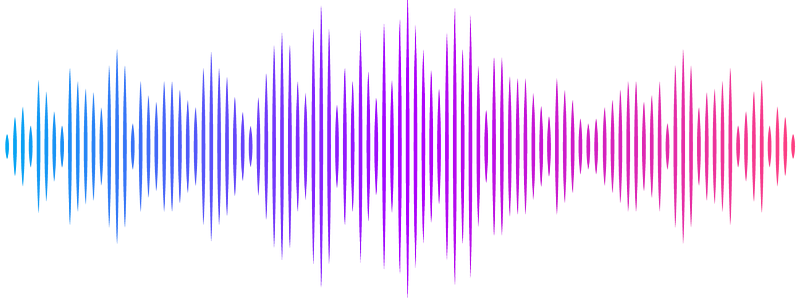MONTAGE: A Computation Framework to Identify Spatially Resolved Functional Enrichment Gradients in the Tissue Microenvironment via Spatial Communities

MONTAGE: A Computation Framework to Identify Spatially Resolved Functional Enrichment Gradients in the Tissue Microenvironment via Spatial Communities
Zhang, W.; Good, Z.; Baertsch, M. A.; Lu, G.; Hickey, J. W.; Hildebrand, R.; Chang, S.; Gentles, A. J.; Sunwoo, J. B.; Le, Q.-T.; Kong, C.; Nolan, G. P.; Plevritis, S. K.
AbstractSingle-cell spatial-omics has advanced our understanding of how tumor microenvironment contributes to cancer progression. However, most single-cell spatial-omics studies focus on cell types and neighborhoods, offering limited information about functional and clinical relevance of cellular organization. We introduce MONTAGE, a computational framework to reconstruct, functionally analyze, and identify clinically relevant cellular spatial communities (SCs). MONTAGE generates a gene signature matrix of SCs from integrated atlases that offer single-cell resolution with transcriptomics, and reconstructs tissue maps (\"montages\"), reflecting sequential SC compositional changes along spatial gradients of biological function enrichments. The MONTAGE signature matrix can also be used to deconvolve bulk and spot-based spatial transcriptomic data, and combining with clinical metadata, allows assessing SC clinical relevance. In a head and neck cancer study, MONTAGE reveals SCs enriched with malignant cells and granulocytes shifting to SCs enriched with macrophages and fibroblasts along gradient of epithelial-mesenchymal transition, and clinical prognostic significance of the SCs.